How to Raise Chickens in a Brooklyn Backyard
Raising chickens in a Brooklyn backyard is easier than you might think, say those who’ve done it.

Photo by JACLOU-DL
Making a frittata with eggs fresh from your backyard chicken coop is the ultimate farm-to-table experience. And raising chickens in a Brooklyn backyard is easier than you might think.
Chicken coops are becoming increasingly popular for Brooklyn farmers who want to go a step further than a backyard vegetable garden. And local chicken farmers say hens (roosters are illegal in New York City) can be rewarding and relatively low-maintenance pets.
“We thought it would be fun as a hobby,” said Don Dietsche, who has raised chickens behind his Boerum Hill townhouse for the past eight years. “We had two young children at the time, and we thought they would be fun to have as pets.”

Deitsche purchased three chickens and a plastic coop online, and the chickens arrived in a cardboard box labeled “livestock.” At first, the chickens laid fresh eggs daily, he said. But as they have aged, their egg production has slowed dramatically to one to three eggs a year.
“I would say overall it’s been a positive experience,” Dietsche said. “They’re quite pretty, they don’t make much noise and you don’t really have to do anything but feed them.”
In addition to daily feeding, chickens require general maintenance about once a week, said Robert Callahan, who runs the chicken program at Imani Community Garden in Crown Heights. (The garden has recently been in the news because it’s threatened with development.) That includes scooping poop, cleaning their feeders and waterers and sterilizing the coop.
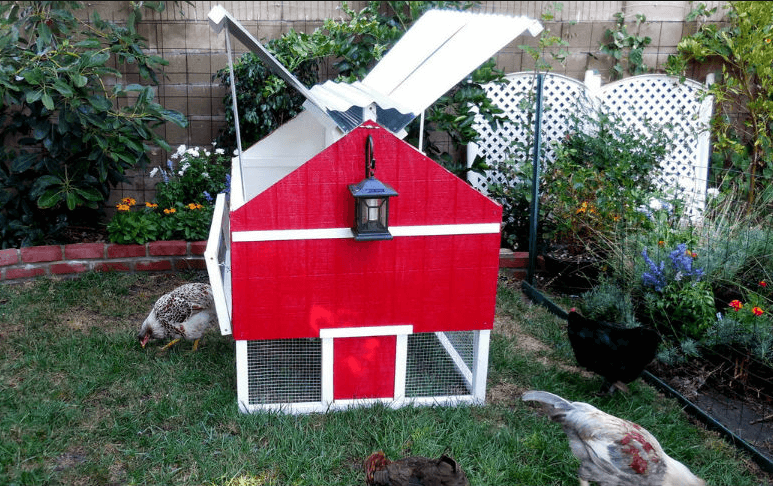
“The average person has to think of them 30 minutes a day. It’s not nothing, but it’s very little compared to having to walk a dog or having poop in a box,” he said. “It’s a lot of startup costs and a lot of thought capital, but once you get past that, the day-to-day is super easy.”
Callahan recommends two books for those considering urban chicken farming — “A Chicken in Every Yard: The Urban Farm Store’s Guide to Chicken Keeping” by Robert and Hannah Litt, and “Storey’s Guide to Raising Chickens” by Gail Damerow.
To get started, chicken farmers need a coop and a run in an enclosed space that keeps out predators, Callahan said. Racoons are the biggest danger to Brooklyn chickens, so coops must be made from strong material to keep them at bay.
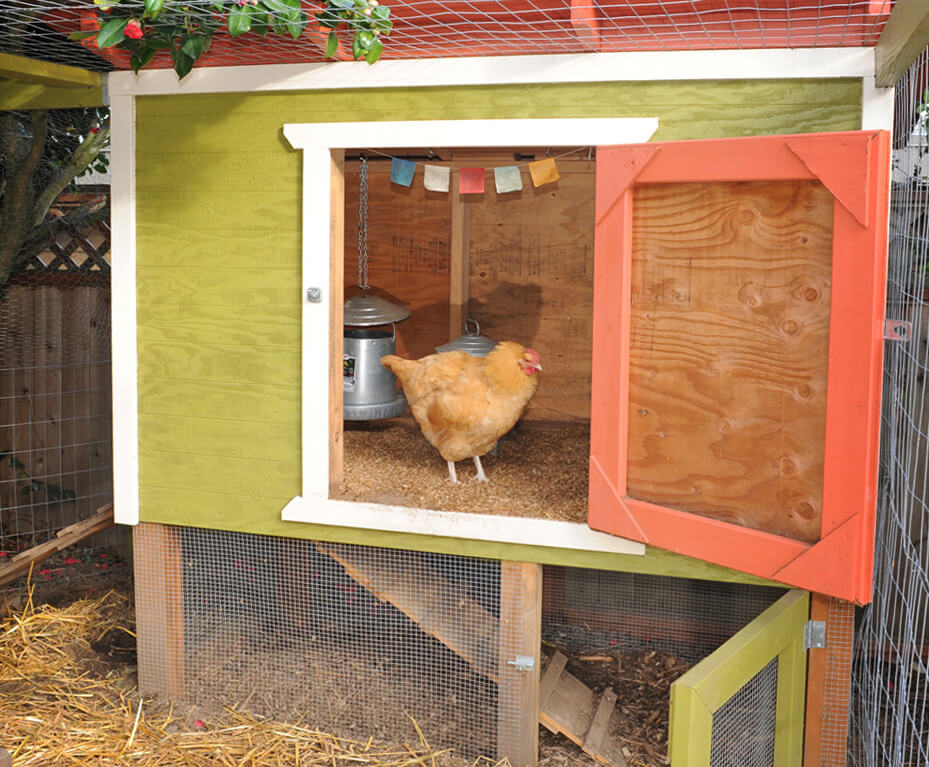
“No matter where you have chickens, so many things like to eat chickens, and in the city it’s really raccoons, so you have to make sure you have a really secure coop,” said Park Slope chicken farmer Clare Huntington. “Not just chicken wire, but thick wire, to make sure they’re secure at night.”
Huntington purchased her chickens four years ago from My Pet Chicken, after moving to Brooklyn from Colorado with her two children.
“They were pining for rural life,” Huntington said. “And so, I said ‘Don’t worry, you can even have chickens in New York.’ So then I had to make good on that promise.”
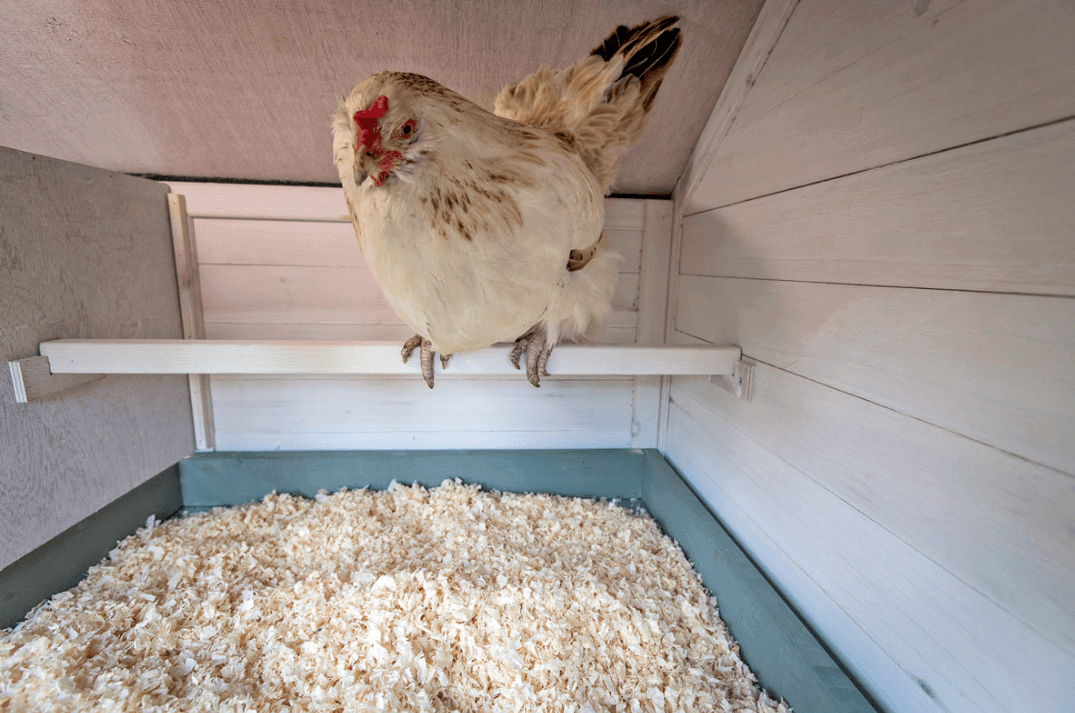
For most of the year, the chickens reside in a coop behind her brownstone. And every summer, Huntington loads them into a cardboard box and drives them to New Hampshire for the season.
One of the biggest advantages is the fresh eggs her chickens lay almost daily, though each egg is often accompanied by a noisy celebration, she said.
“They really are even better than the fresh eggs you get at the Co-op — they just taste different,” she said. “And I also love knowing what the chickens have eaten.”
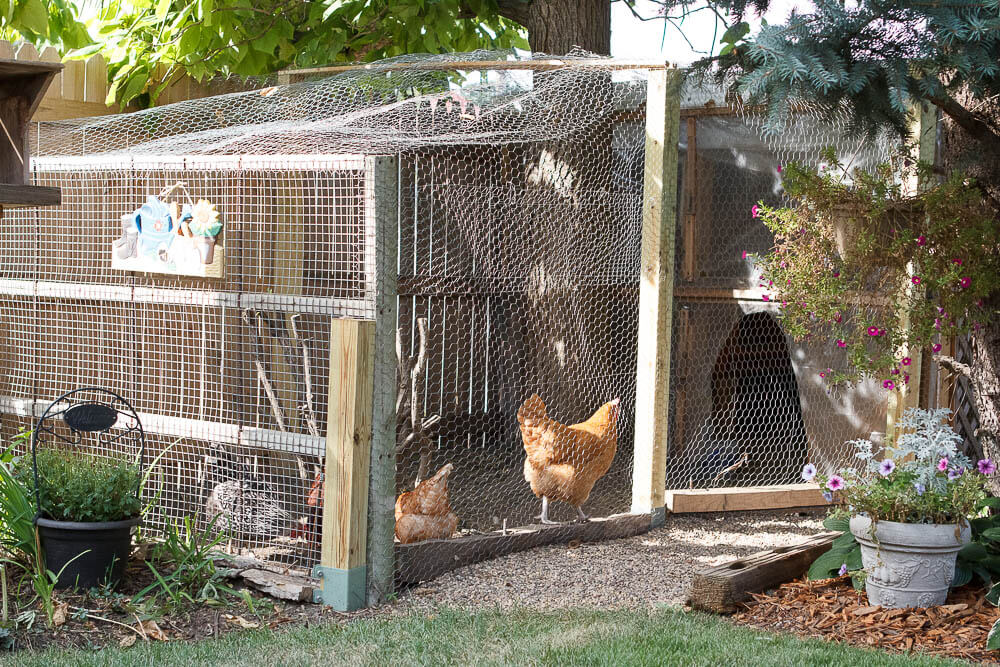
Opinions vary on whether to allow chickens to roam freely in Brooklyn backyards due to soil contamination.
“My only issue is the lead contamination in the soil if you let them loose in your back yard outside a pen,” said Simone Mogul, who raised chickens in Prospect Park South until her recent move to Philadelphia. “Chickens are easy to keep in the city. I think the whole point of having chickens is to let them eat the bugs and the grass, and not to keep them just in a pen. It’s better for the chickens, and better for the eggs too.”
Related Stories
- Brooklyn Gardeners Share Secrets of Growing Vegetables and Fruits in Raised Beds and Planters
- Pining for a Deck in Brooklyn? Here’s What You Need to Know
- 6 Things You Must Know Before Installing a Fence
Email tips@brownstoner.com with further comments, questions or tips. Follow Brownstoner on Twitter and Instagram, and like us on Facebook.

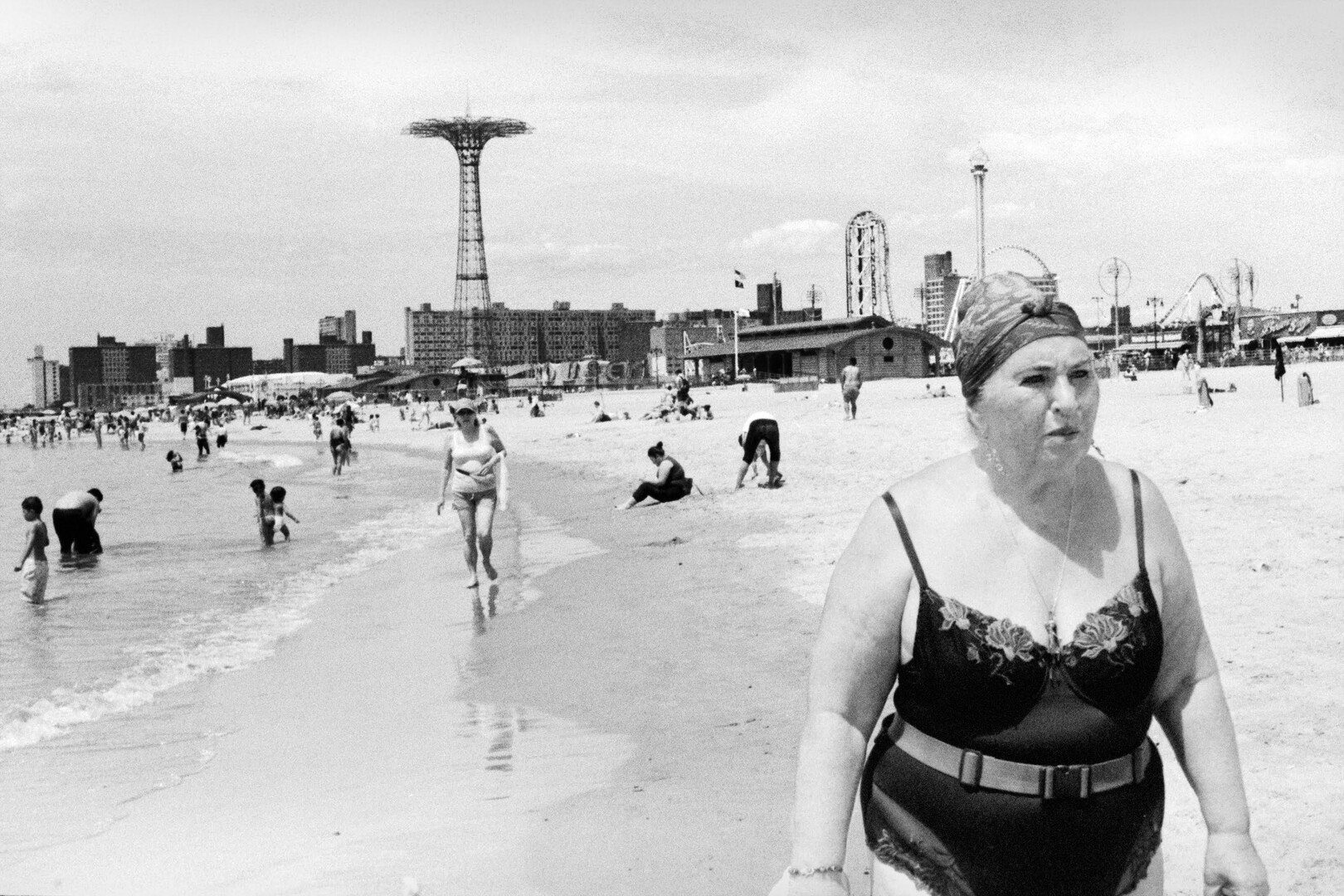

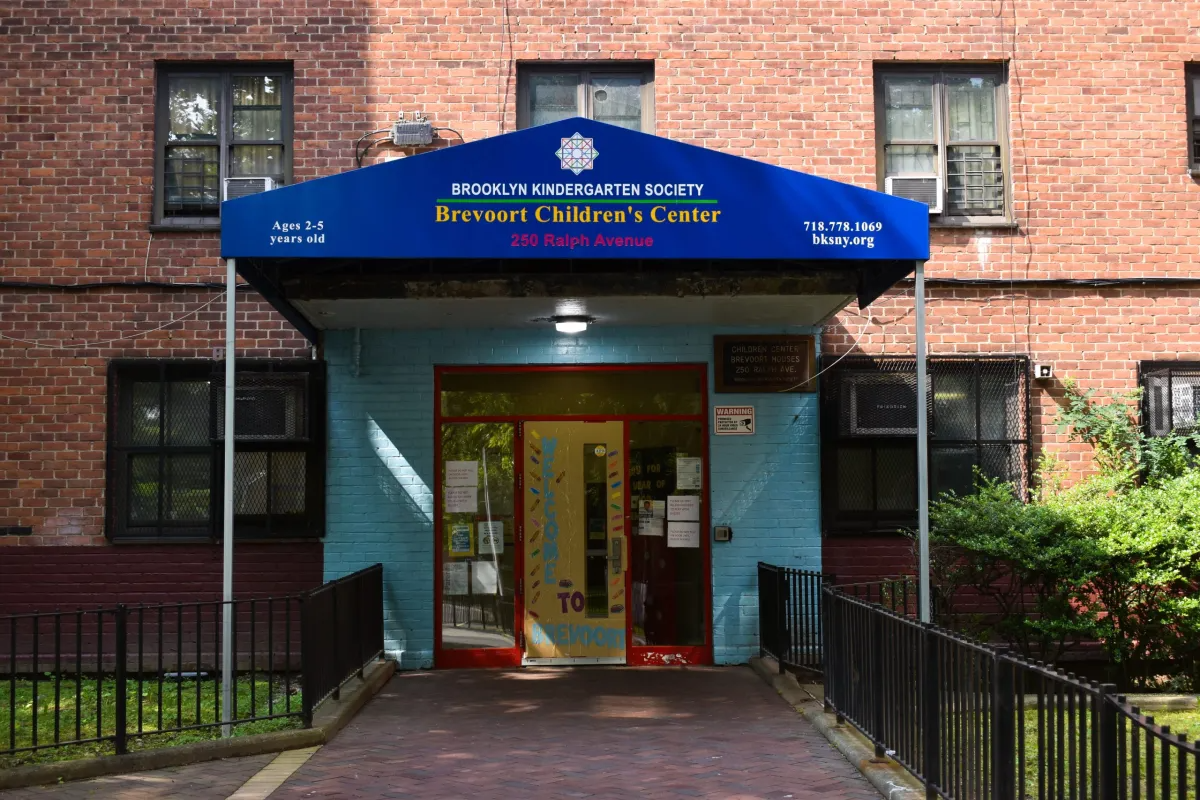
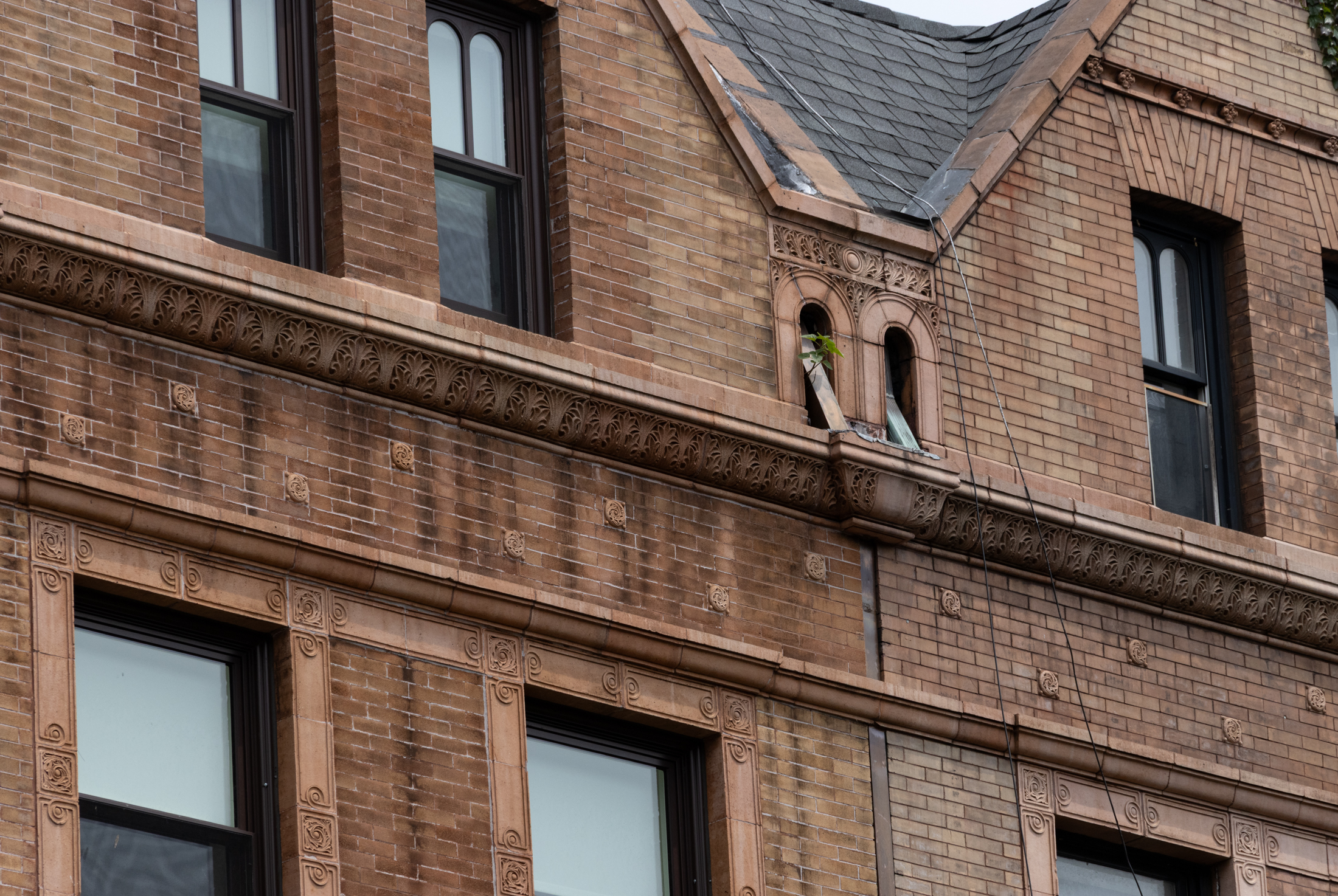
What's Your Take? Leave a Comment